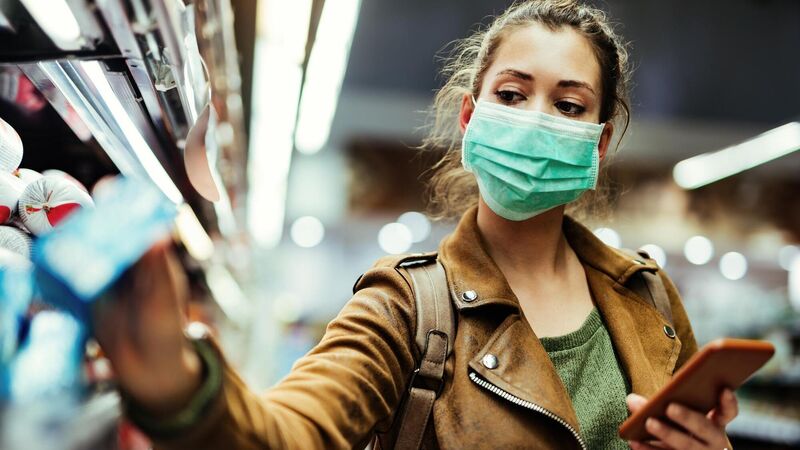Louise O'Neill: Why we should all be wearing face masks

This week, I read Katherine Wu’s piece in the New York Times about a report published by the Centre for Disease Control and Prevention.
They studied a hair salon in Missouri, in which two stylists fell ill with the Coronavirus in mid-May but continued to work with clients for the week after they first developed symptoms. Between the two of them, they worked with nearly 140 clients during that week – and they were in close contact with them for at least 15-45 minutes, carrying out haircuts, perms, facial hair trimmings - and not one of those people contracted the virus.






